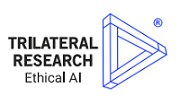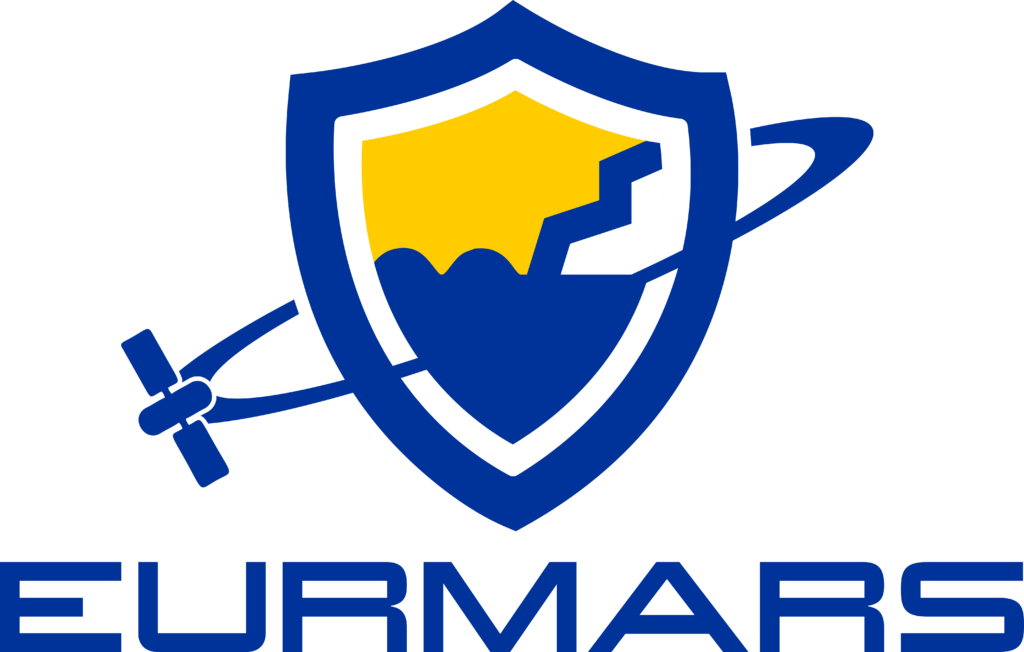An Ethics by Design approach to border security

Article by
Trilateral Research Ltd.
Security risks and threats in the maritime domain are becoming increasingly more complex, with significant increases in irregular migration flows, human trafficking, smuggling and other illegal activities. Surveillance technologies can help tackle these issues, but their impact on society in areas such as migration, asylum, and border management needs to be anticipated and addressed from the technology’s infancy.
It is vital that researchers support technology developers and public authorities in their efforts to map, analyse, mitigate and monitor ethical issues that may arise from the use of border management technology. These include, for example, challenges raised by the usage of Satellites, Unmanned Aerial Vehicles (drones), Radar, CCTV, Infrared Cameras, Smart Cameras, etc.
The EU- funded EURMARS project is developing a platform for maritime surveillance to improve the efficiency of border security. Our research in the project showcased how taking an Ethics by Design approach from the first stages of the technology development can ensure that it is developed in an ethical way, placing human rights and civil society protection at the forefront, while boosting its efficiency and applicability to meet our end-users’ needs.
To support project partners in developing the EURMARS platform in alignment with EU guidelines and best practices, we developed an Ethics Risk Assessment Tool. The tool’s main function is to identify potential risks, monitor ethics, and recommend appropriate mitigation measures.
